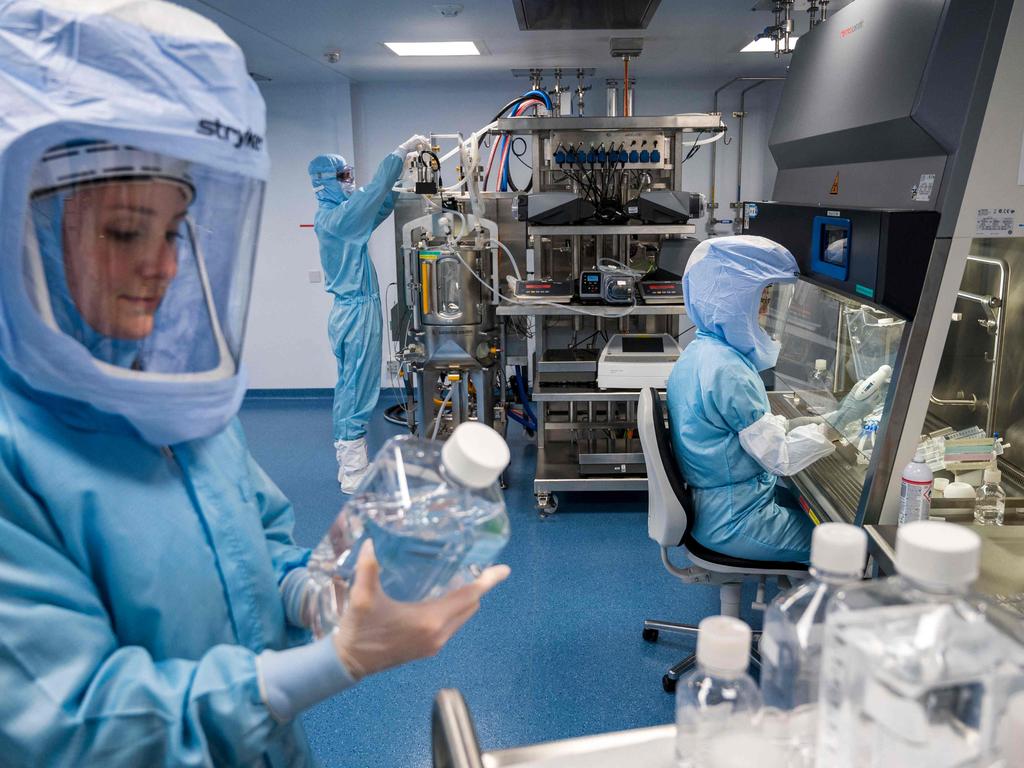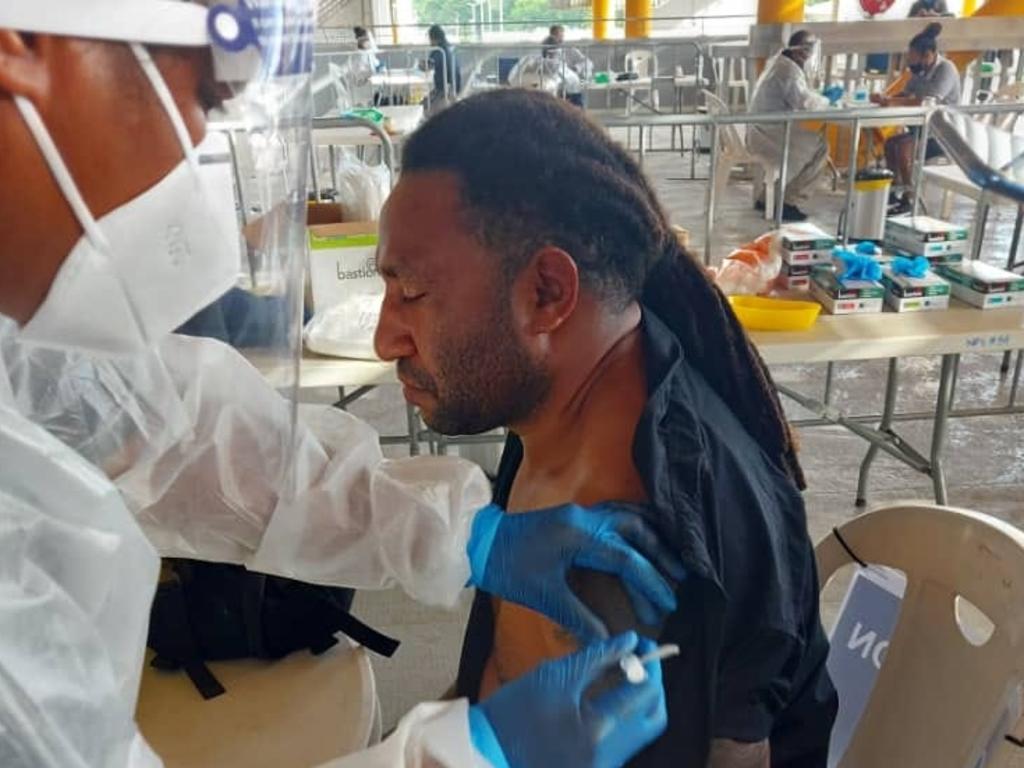Coronavirus vaccine: Why clotting due to AstraZeneca is rare
Whether caused by the vaccine or not, clotting events are vanishingly rare. Which is why it’s so hard to know what to do.
The conundrum facing regulators as they decide how to administer the Oxford-AstraZeneca vaccine is Richard Feynman’s number plate problem. And it’s not an easy problem to solve.
Arriving at a lecture, the Nobel prizewinning physicist began with an anecdote. “You know, the most amazing thing happened to me tonight,” he said. “I saw a car with the licence plate ARW 357. Can you imagine? Of all the millions of licence plates in the state, what was the chance that I would see that particular one tonight? Amazing!”
The point is that the number plate ARW 357 is indeed rare. By definition all number plates are. If, before heading out, he had predicted he would see that one, then that would have been astonishing. But he didn’t and, quite obviously, you’re always likely to see a number plate.
In Germany 31 younger people have suffered an extremely rare clotting disease after receiving the Oxford-AstraZeneca jab. Nine have died. On the face of it, even after 2.7 million doses, the chances of this cluster are so low that it almost certainly must be due to the jab.
The problem is, though, that that’s the wrong comparison. It’s like considering a single number plate in isolation. Once a vaccine has been through trials, regulators are looking for safety concerns that could not have been picked up. These are by definition vanishingly rare. They did not say beforehand that they were worried about seeing clotting. Instead, like Feynman looking at number plates, they are logging every rare condition.
The correct question is not, then, what are the chances of a group of vaccinated people getting this rare blood clot? It is, what are the chances of a group of vaccinated people getting any rare disease?
Suddenly the statistics become a lot harder to interpret, especially when you consider that the same clotting has not been seen at all in the UK, a country that has vaccinated several times more people. German regulators know this, which is why a paper published last week before peer review might have been crucial in the decision to restrict the jab to older age groups.
This paper believes that in rare cases the vaccine might cause a response that leads the body to attack its own blood platelets. Other scientists dispute this interpretation.
Whether caused by the vaccine or not, these tragic clotting events are vanishingly rare. Which is precisely why it’s so hard to know what to do.
The Times







To join the conversation, please log in. Don't have an account? Register
Join the conversation, you are commenting as Logout